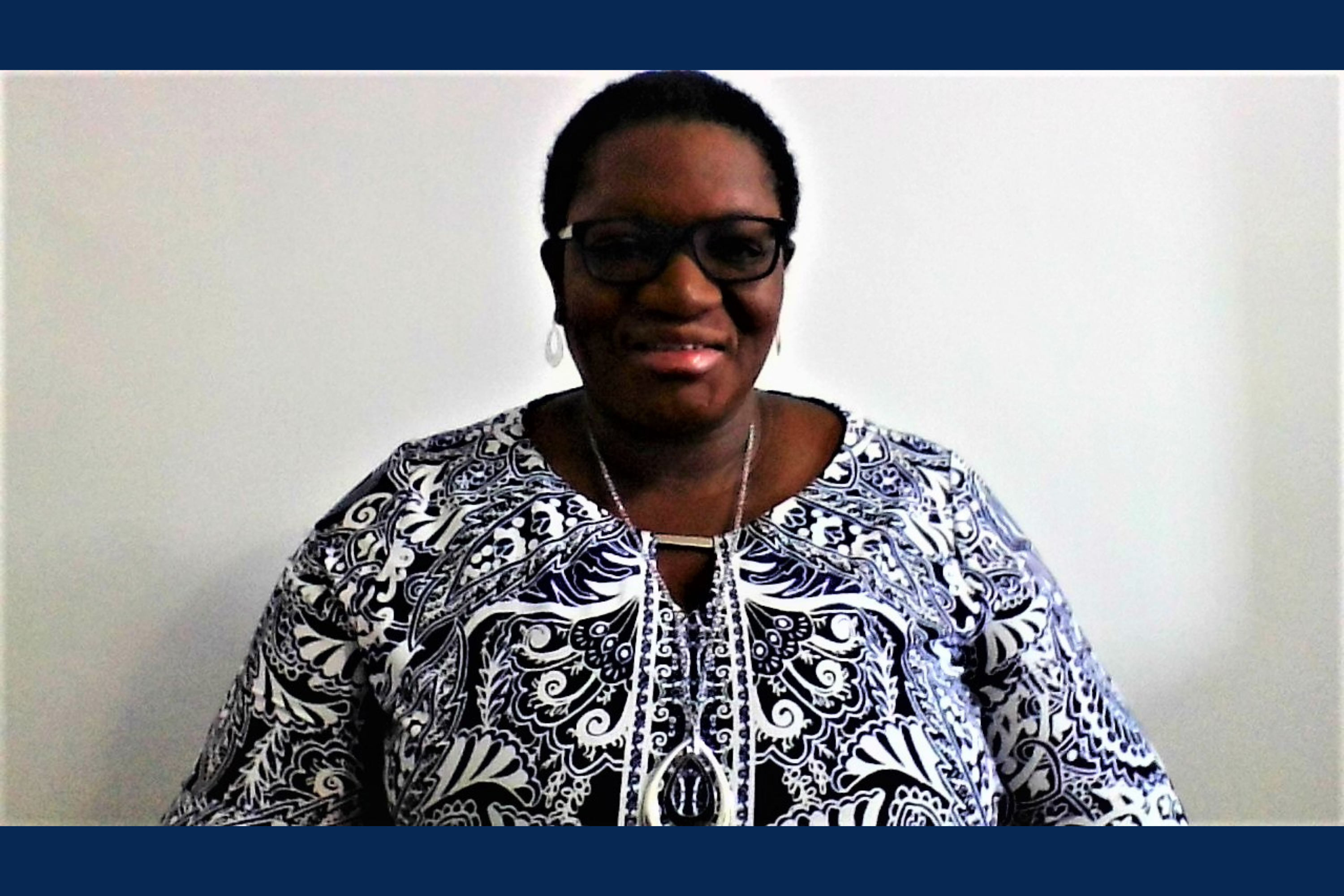Marioli Sterling was born in Panama City, Panama. When I was four-years old, her mother came to the United States in pursuit of a better life. Sterling resided with her maternal grandmother and her second husband and feels that I had a good childhood and was raised well. Her parents never got married however up to this day remain very involved.
Upon graduating from high school, Marioli Sterling’s mother had obtained American citizenship and sent for her to reside in New York and to attend college. In New York, Sterling did not know about the field of social work. While growing up in Panama, I never met a social worker and the emphasis in school was given to the fields of business, law and science. Therefore, I decided to pursue a bachelor degree in Finance.
Marioli Sterling was accepted to Baruch College and while studying I later on realized that I was not a business-oriented person. However, at the time of this realization I had already completed the required credits other than that of a major. I therefore elected to major in public administration.
How did you become interested in your industry?
I became interested in social work when representatives from the Child Welfare Administration, known today at NYC Administration for Children’s Services (ACS) came to Baruch College, gave out pamphlets and explained the position of foster care workers. At this time, I decided that I wanted to help strengthen individuals and families.
Shortly after graduating from college, I began employment as a foster care casework, which I did for several years. This made I realize that I wanted to accomplish a successful career in social work and to be professionally recognized as a social worker. I was accepted to Fordham University where I subsequently obtained my master degree in social work.
What are some of your experiences?
In addition to being a foster care caseworker, I also interned at a dual diagnosed facility for teens and at nursing home/rehabilitation facilities. I mentored teen girls. I have also worked at a child welfare crisis respite program. Afterwards, for 19 years I worked at a child welfare preventive program which helped families with minor children at risk of foster care placement.
My position at the preventive program was first as the program supervisor then as the program director. During different contractual periods, the program consisted of 72, 105 or of 120 families. Emphasis was placed on clients’ strengths, being trauma informed, culturally competent, promoting safety, empowering, and healing. At one point, the program had a supportive team that consisted of a psychologist and consultants. In addition, for over a year, along with a mental health clinic in the community, the program also participated in a project to educate clients on child and youth’s development, the provision of early intervention and mental health services. Screenings were conducted utilizing the Pediatric Symptom Checklist with children 6 to 17 years old and the Ages & Stages Questionnaire with children 0 to 5 years old.
I have also had the experience of being responsible for the day-to-day operation of a program; providing leadership, guidance and supervision; ensuring that the program’s goals and targets are met; forming and ensuring that linkages are maintained with other providers.
What has been the hardest obstacle you’ve overcome?
Social workers are caring individuals, who on a daily basis are successfully helping clients. However, the level of care and understanding that social workers show to clients, at times are not directed to other social workers. I feel that this occurs because the relationships between clients and other social workers are different and so are the expectations. However, I have learned not to let my guard down and to constantly remind herself to apply the same skills used with clients in all aspects of my life (e.g. with other social workers, relatives, friends).
Who has been a role model to you and why?
Every social worker that I have met has been a role model due to the nature of the job.I respect and admire everyone who is dedicated to working in the field of social work. Furthermore, over the years, I have found myself constantly learning something from everyone I have encountered.
How do you maintain a solid work life balance?
Social workers cannot care for others if they are not taking care of themselves. Social workers need to recognize how they respond to stressors and know techniques for stress reduction. Social workers must have an understanding of secondary trauma and compassion fatigue.
Social workers must also find ways to work more efficiently by prioritizing. Furthermore, once social workers become part of the managerial team, they must strive for staff retention because of its effects on everyone and on the work. Securing and maintaining an experienced and well trained social worker are essentials.
What advice would you like to leave our readers with?
Growing up in Panama, I belonged to a minority population that makes her relate to some clients. However, this still does not mean that assumptions should be made. Clients must be asked to explain their situation, feelings, beliefs, and values.
Most level entry positions are filled by many young social workers who are not parents and clients who tend to inquire about this because they feel that social workers who are parents will better understand them. The key is to get the clients to speak about their own experiences as parents because experiences tend to be different. The ultimate goal is to address each client’s individual needs.
Being a social worker is extremely rewarding and does not prevent social workers from excelling at work while at the same time having a fulfilled personal life.


